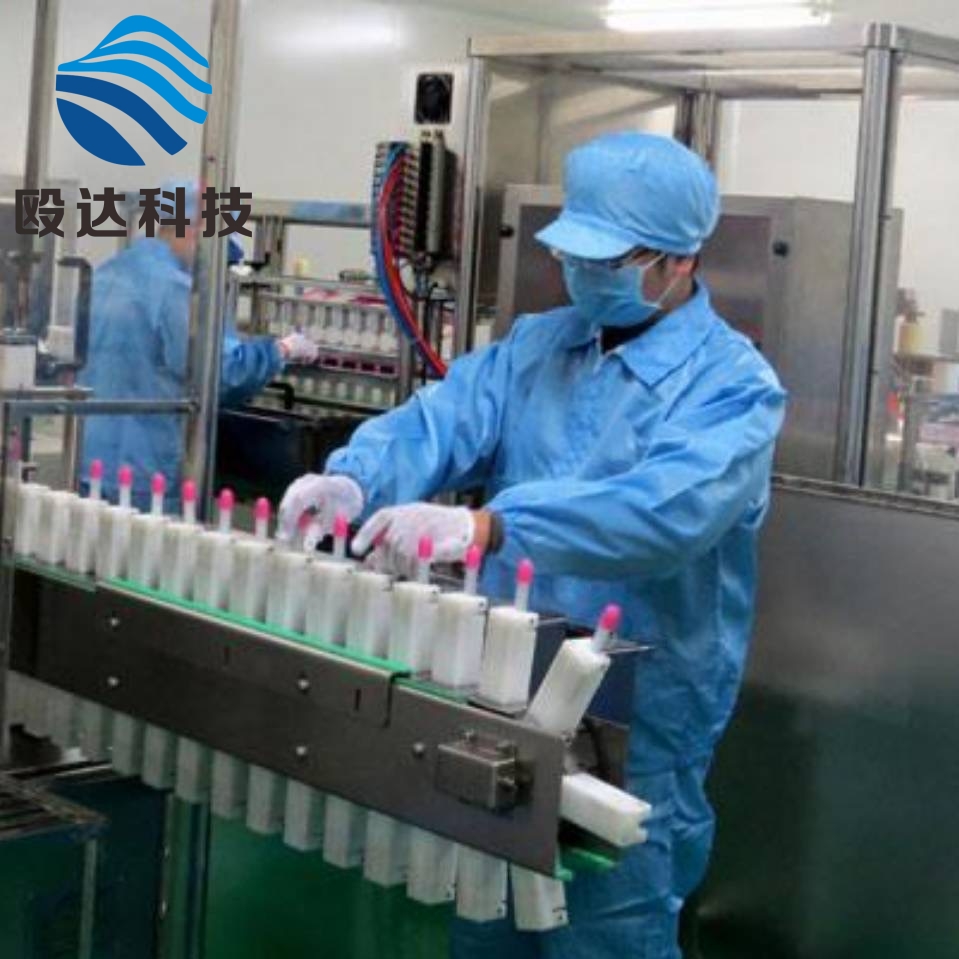NEJM: Moderna's COVID-19 vaccine induces strong reactions in all subjects
-
Last Update: 2020-07-16
-
Source: Internet
-
Author: User
Search more information of high quality chemicals, good prices and reliable suppliers, visit
www.echemi.com
!----, NEJM, released the results of the ongoing phase I clinical mid-clinical analysis of Moderna's COVID-19 vaccine on Tuesday, which showed that Moderna's COVID-19 vaccine mRNA-1273 induced an immune response against SARS-CoV-2 in all subjects's Chief Medical Officer, Tal Zaks, said the data "demonstrate that the mRNA-1273 vaccine can trigger a strong immune response at all doses of water on average, and also supports the selection of 100 mcg as the optimal dose in the initial and enhanced programme spreliminary in Phase III clinical studies."Phase III clinical trial is scheduled to begin on July 27the production of antibodies and T-cell reactions, the latest analysis showed that mRNA-1273 can induce full-length SARS-CoV-2 stinging protein binding antibodies in all subjects, and show dose-dependent increasesthe 57th day after two vaccinations, the average titer level of the subjects exceeded the average titer in the serum during the recovery period of patients diagnosed with COVID-19Moderna also said that after two vaccinations, mRNA-1273 can cause "strong" neutralizing antibody titer, and neutralizing SARS-CoV-2 was observed in all subjects on day 43, the average titer on the 57th day was 2.1 times higher than the level in the recovery serum at the 100 mcg dose selected in Phase IIIand after the second vaccination, mRNA-1273" caused the CD4 T cell reaction of Th1, not the CD4 T cell reaction of Th2", "the persistence of immune responses is currently being assessed, and subjects will be followed for one year after the second vaccination."the second dose of post-dose side effects are more common after both doses of the vaccine are safe, by the 57th day still no serious toxicity, and after the first injection of systemic adverse events for mild or moderate gradebut after the second vaccination, systemic adverse reactions were more common, with 7 cases occurring in 13 participants in the 25 mcg group, all 15 subjects in the 100 mcg group and all 14 subjects in the 250 mcg groupmore than half of the participants in both vaccinations experienced systemic and local adverse events, including fatigue (80%), chills (80%), headaches (60%) and myalgia (53%)"These safety and immunogenicity findings support the mRNA-1273 vaccine for late-stage clinical trials,"the authors said" meanwhile, Moderna noted that other groups in the first phase of the study, including three people between the ages of 56 and 70 and three others aged 71 and over, have been recruiteddata is expected to be released separatelyIn addition, a Phase II trial of mRNA-1273 for 600 healthy adults is also under way, evaluating doses of 50 mcg and 100 mcg
This article is an English version of an article which is originally in the Chinese language on echemi.com and is provided for information purposes only.
This website makes no representation or warranty of any kind, either expressed or implied, as to the accuracy, completeness ownership or reliability of
the article or any translations thereof. If you have any concerns or complaints relating to the article, please send an email, providing a detailed
description of the concern or complaint, to
service@echemi.com. A staff member will contact you within 5 working days. Once verified, infringing content
will be removed immediately.







